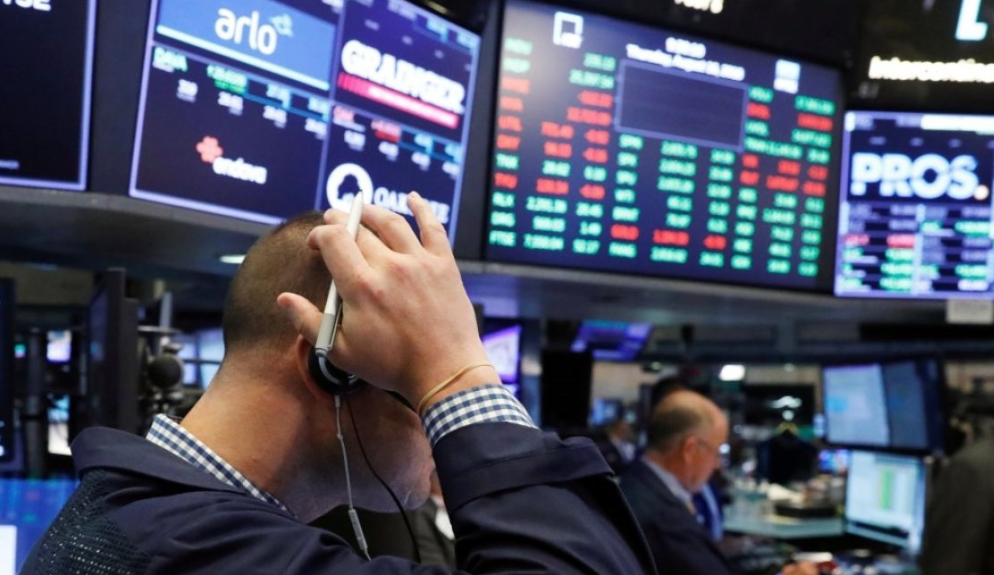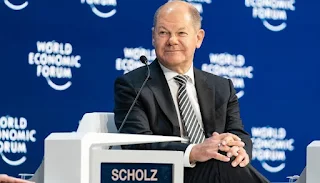
Pakistan: We will get Russian oil starting next April
Pakistan's Petroleum Minister Mossadeq Malik announces that Pakistan will start importing crude oil from Russia in April 2023, stating that this "will be beneficial for both countries."
Pakistani Petroleum Minister Mussadeq Malik announced today, Friday, that Pakistan will start importing crude oil from Russia in April 2023, after Moscow and Islamabad ended their negotiations on the terms of supply, including the issue of payment related to the use of a currency other than the dollar.
Malik added, "In March, all trade clauses of the agreement with Russia will be finalized, after which low-cost crude oil will start arriving in Pakistan. It will be beneficial for both countries," according to the Pakistani newspaper News.
Pakistan has also begun to develop a comprehensive energy security plan, which will be completed by the end of 2023, and includes the import of Russian liquefied natural gas (LNG), pipeline gas, and other petroleum products, according to the newspaper's report.
Earlier, Russian Energy Minister Nikolai Shulginov and Pakistan's Economy Minister Ayaz Sadiq held a meeting, where the two sides agreed to agree on all details of oil and gas supplies by March.
Shulginov noted that discussions on oil supplies will not begin until after February 5, after the price ceiling for Russian refined products, introduced by Western countries, comes into effect.
Shulginov added that "Russia may participate in power generation projects in Pakistan, including the modernization and construction of hydroelectric power plants and thermal power plants."
On January 19, Russia and Pakistan announced their readiness to sign the necessary documents for the construction of the "Pakistani Stream" gas pipeline.
The Russian delegation headed by Shulginov arrived in Pakistan, on January 17, to hold bilateral talks for a period of 3 days, within the framework of the work of the joint Russian-Pakistani governmental committee for trade, economic, scientific and technical cooperation.
Western countries have been seeking ways to limit Russia's revenues from oil and gas exports, as well as its dependence on Russian fuel since Moscow launched a military operation in Ukraine on February 24, 2022.
On December 5, the European Union set a ceiling for the price of Russian oil, $60 a barrel, and the G7 countries and Australia joined.
Despite this, Washington and its allies agreed to review the level of the ceiling imposed on the export prices of this oil next March.







































